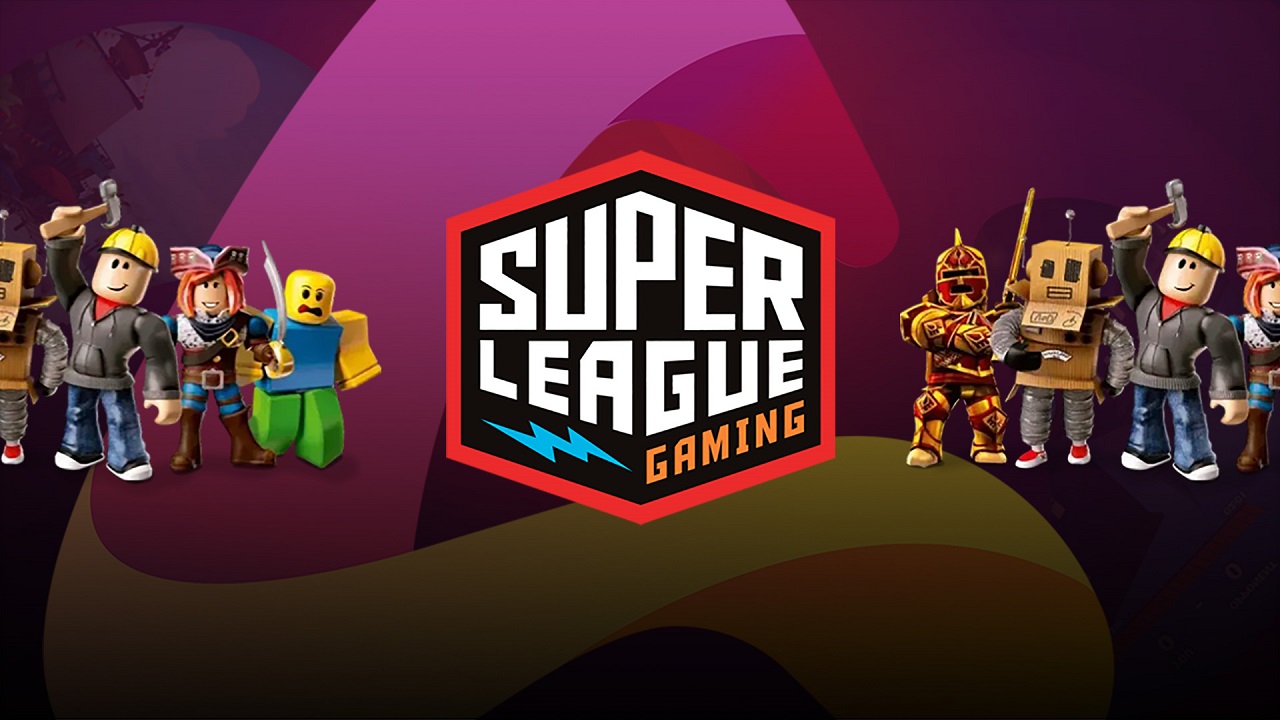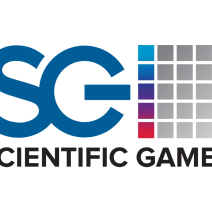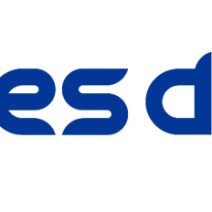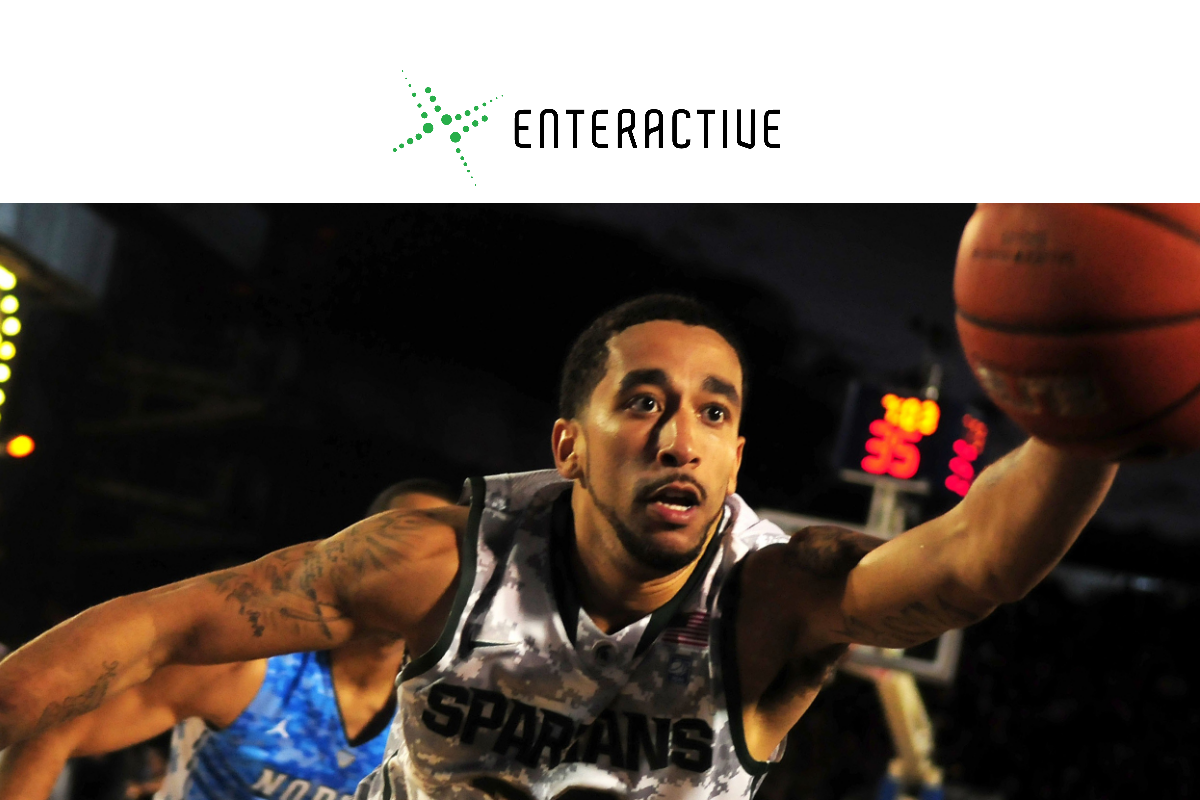
Adverty enters into exclusive partnership with Super League Gaming for In-Play advertising in Roblox
Adverty AB (publ), the leading in-game advertising specialist, adds more than 150 games from Roblox into its growing portfolio of in-play advertising options for distribution in the US, the Nordics and selected in Latin America markets.
Adverty today announces an exclusive partnership with gaming and esports entertainment company Super League Gaming to sell unobtrusive, contextually relevant ads inside Roblox. As well as taking on exclusive rights in the Nordics, Adverty has also acquired rights to work with Super League in the US and Latin America.
The new deal adds Super League’s robust inventory of over 150 games in the Roblox metaverse – one of the world’s most popular gaming destinations with over 200 million monthly players – to Adverty’s portfolio of in-play ads.
The news follows Super League’s acquisition of Bloxbiz, the dynamic ad platform designed specifically for metaverse environments. Both developments further strengthen the monetisation and delivery of unobtrusive and organic brand advertising to burgeoning gaming communities, at a time when these platforms are playing a central role in the burgeoning Metaverse.
“Engagement on platforms such as Roblox is critical for brands seeking to engage with many of the world’s younger audiences – as brands such as Gucci and Disney have already recognised,” says Thorbjorn Warin, Chief Supply Officer at Adverty.
“We are delighted to be present in the most superior and largest dynamic in-game ad platform in Roblox as it becomes increasingly clear that in-game advertising will play a critical role in the Metaverse. With unparalleled advertising reach of over 60 million players every month, herein lies enormous – and largely untapped – potential for native, contextual brand advertising.”
Thorbjorn adds: “Ad offerings in the Metaverse will eventually be seen as no different than banner ads on traditional websites, or indeed ads in the physical world. Roblox is the ideal location for many brands to build presence and integrate assets into pre-existing experiences, or to build dedicated worlds within the platform. What’s more, in-game advertising enables marketers to quantify the impact of their advertising and to prove impact.”
“Brands globally now have immediate access via premier partners like Adverty, to all of Super League’ s kidSAFE metaverse inventory at their fingertips,” said Mike Wann, Chief Strategy Officer of Super League.
“In each of these regions and more, advertisers can connect with a highly desired audience of millions of passionate gamers. Whether through dynamic in-game ad units, custom metaverse integrations, immersive branded experiences, or live and social gameplay content from audience favorite creators, we’re committed to providing end-to-end metaverse marketing solutions on a global scale.”
This news catches a huge wave of interest in gaming and the wider Metaverse. As we embark on the next phase of the internet and forward-thinking brands such as Nike, Adidas and Prada begin to invest in virtual worlds, the possibilities for brands to maximize their creativity and add value to their audiences are endless. With growing numbers of brands seeking to leverage in-game executions, In Play advertising offers seamless, unobtrusive brand messaging to engaged and often hard-to-reach audiences.










